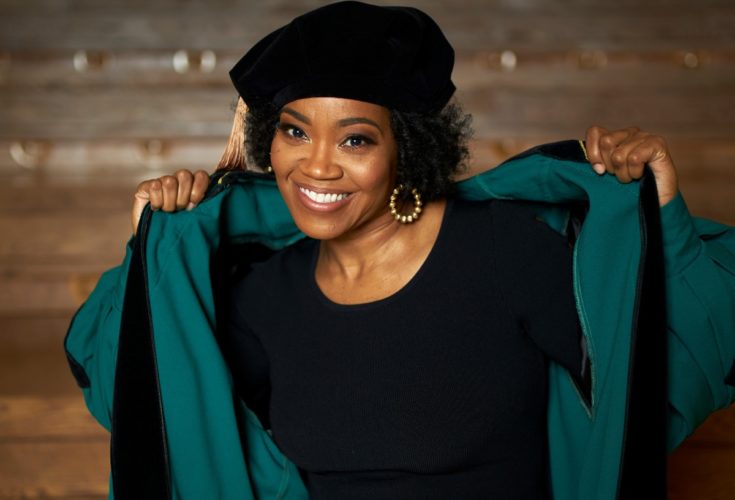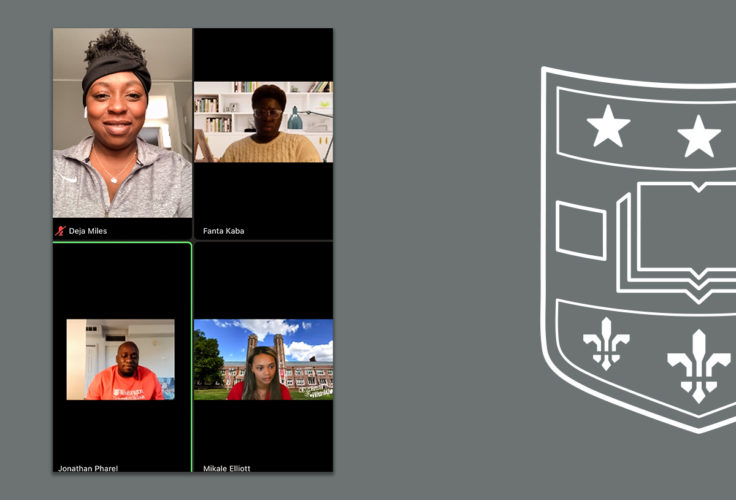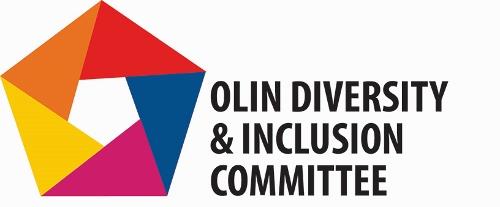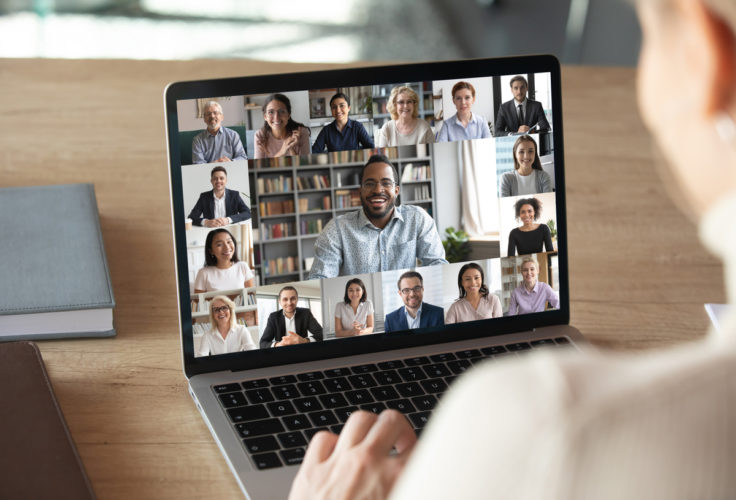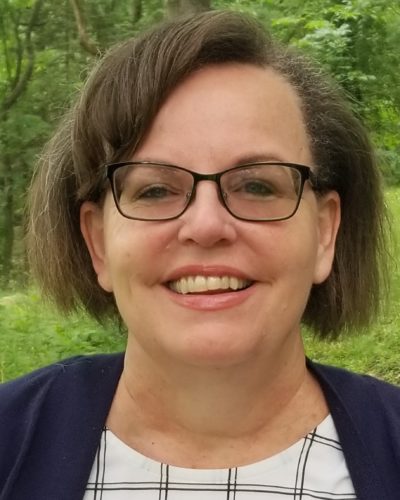Bryanna Brown, MBA ’22, wrote this blog post. At Olin’s Diversity and Women’s Weekend, she spoke as a fellow with the Consortium for Graduate Study in Management during the session “Infusing Your Story into the Application Process.”
For a prospective MBA candidate, interacting with the faculty, staff and students can be a pivotal opportunity when deciding if an MBA program is the right fit. In November 2019, I was a prospective student at Olin’s Diversity and Women’s Weekend, seeing the culture of Olin up close and personal. This experience truly gave me a window into what life at Olin would be like as an MBA candidate.
In 2020, Olin was tasked with producing the same window for prospective students through a virtual experience. Where missteps could have been made, the Olin admissions staff went above and beyond to ensure each interaction, session and detail was rooted in excellence.
From sending personalized boxes to participants, to choosing a virtual conference platform that allowed for unique tags, to even starting the day with yoga, the Diversity and Women’s Weekend committee prioritized details that were specific to the tailored experience a prospective student would receive at Olin.
As I reflect back on how it felt to be a part of Olin’s first virtual Diversity and Women’s Weekend in December, I recognized four key takeaways. It was apparent throughout the weekend that Olin does the following:
Prepares MBAs for a truly global career.
The weekend started with second-year MBAs students Tyler Edwards, Kendra Kelly and Ellen Kenzora speaking to being a part of the first entire cohort to experience the Global Immersion in the “Globally Minded and Culturally Fluent in 39 Days” session. The session reiterated Olin’s commitment to global education.
Champions intentional identity work.
The “Understanding Bias + How It Can Influence Your Perspective” session led by Tabari Coleman, director of professional development at the Anti-Defamation League, highlighted the nature of inherent bias and how to continuously use self-reflection as a point of growth professionally and personally.
Supports prospective students holistically.
The “Infusing Your Story into the Application Process” session provided insight into how admission and membership decisions are made. Prospective students heard from a wide range of student representatives from Olin’s partnership organizations, like the Consortium at Olin and Olin Reaching Out MBA, who described first-hand experiences and gave helpful hints to craft the strongest story in an application.
Centers community at every stage of your MBA journey.
The strong Olin alumni voice from Brenna Humphries, Molly Goldstein, Cambrie Nelson, Gheremey Edwards and Oscar Vasco in “Stories from the Past that Inform Our Future” solidified that students at Olin are proud, active participants during and after their two years in the MBA program.



